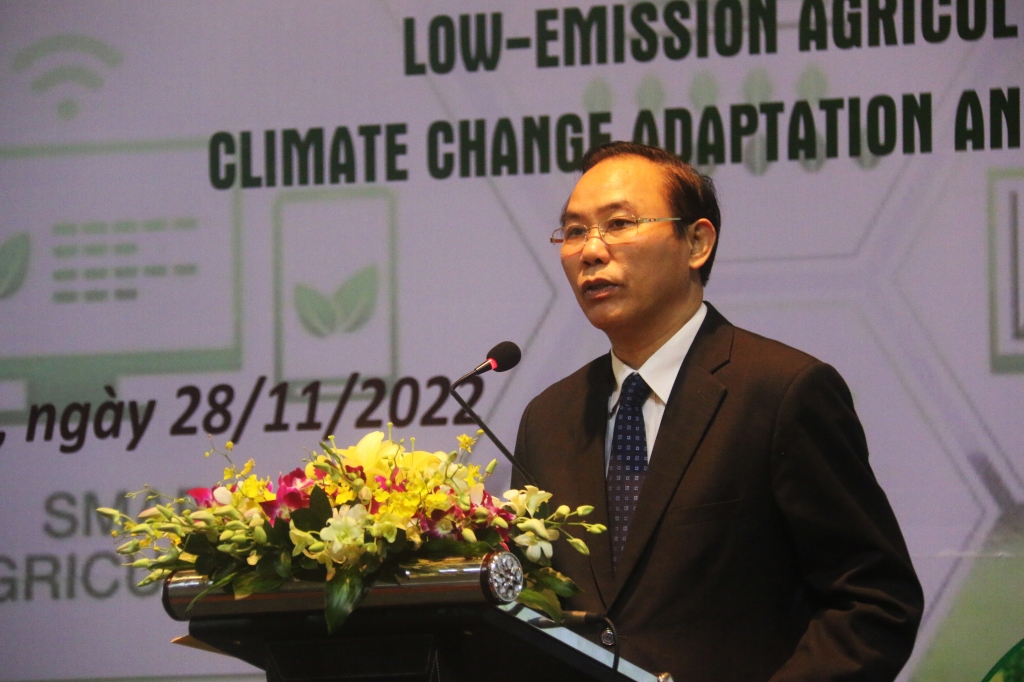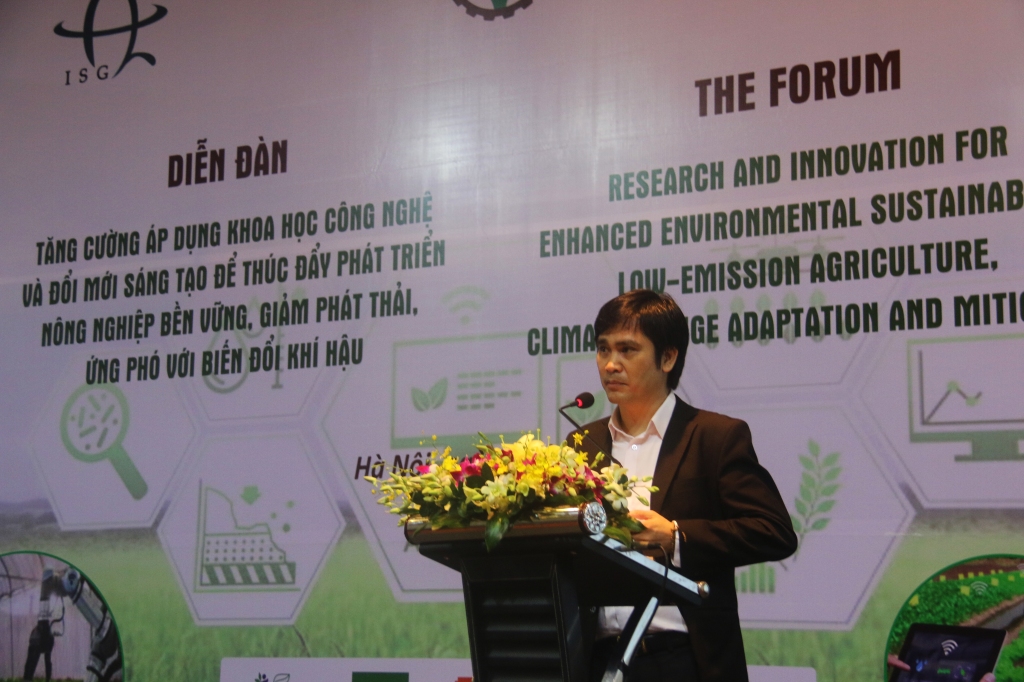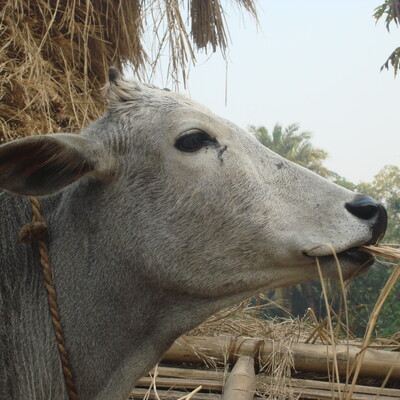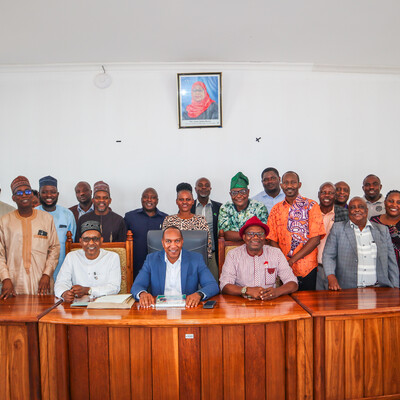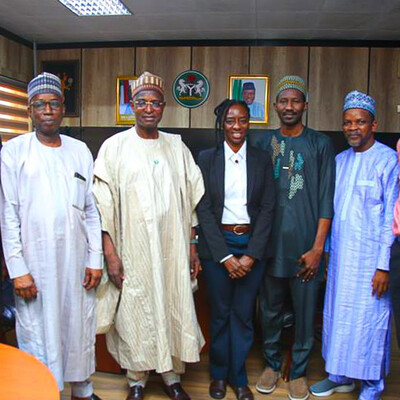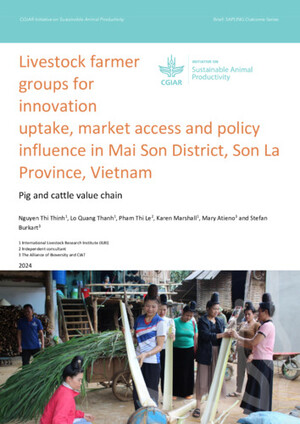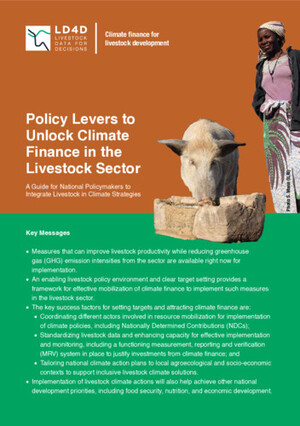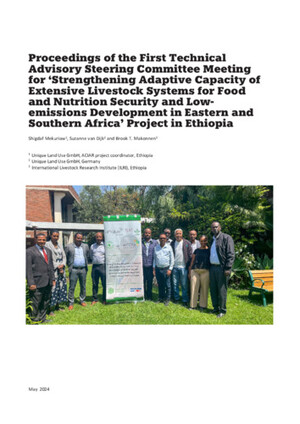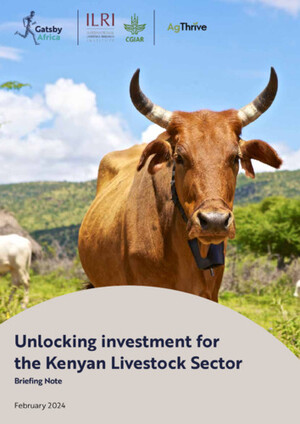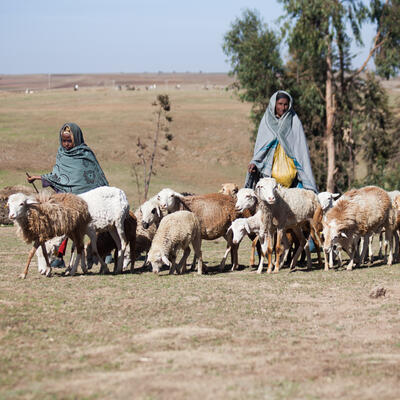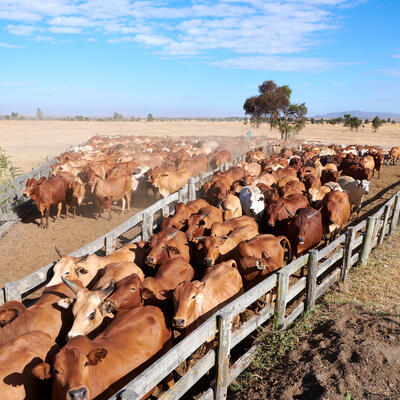
Vietnam to enhance agricultural innovation in fight against climate change
Vietnam’s Ministry of Agriculture and Rural Development (MARD) and CGIAR co-hosted a forum dubbed ‘Research and innovation for enhanced environmental sustainability, low-emission agriculture, climate change adaptation and mitigation’ at Pan Pacific Hotel in Hanoi on 28 November 2022. The event shared knowledge on sustainable agriculture from programs and projects in Vietnam and other countries as part of efforts to fight climate change.
Speaking at the forum, Phung Duc Tien, vice minister of Agriculture and Rural Development, said Vietnam’s agriculture was facing challenges such as natural disasters, epidemics and extreme weather conditions as a result of climate change. The country’s 100 million people are among the most vulnerable in the world to these variations, especially along the 3,260 km coastline.
‘Scientific and technological development and innovation will build a foundation for agricultural development in new rural areas in line with ecological agriculture,’ Tien said.
Phung Duc Tien, vice minister of Agriculture and Rural Development of Vietnam makes an opening remark at the forum (photo credit: ILRI/Chi Nguyen).
With climate change at the heart of CGIAR’s new mission of delivering science and innovation that advance the transformation of food, land and water systems in a climate crisis; a series of initiatives have been designed to promote sustainable agriculture. These innovations emphasize emissions reduction and climate change adaptation and mitigation, and many of them can be applied in Vietnam.
Some of the proposals presented at the forum included:
- Significant reductions in global greenhouse gas emissions from food, land and water systems and increased carbon sequestration. For example, Mitigate+, the CGIAR Initiative on low-emission food systems, aims to reduce annual global food system emissions by 7% by 2030 by working closely with key actors in the target countries. To support the creation of resilient, inclusive, and productive deltas, the Asian Mega-Deltas Initiative is bringing together governmental and non-governmental agencies in Vietnam and Cambodia.
- More climate-resilient food, land and water systems redesigned to conserve biodiversity, reverse soil degradation, improve water quality, availability, productivity and management, restore deforested land and reduce pressure on forests. CGIAR’s Livestock, Climate and System Resilience Initiative, for example, is projected to improve the management of 2 million hectares of land.
- Enhanced resilience and adaptive capacity for millions of households through, for instance, the diversification and strengthening of livelihoods and climate-smart innovations. Excellence in Agronomy, an initiative that combines big data analytics, new sensing technologies, geospatial decision tools, and farming systems research, is projected to deliver an increase in productivity and quality per unit of input (agronomic gain) for millions of smallholder farming households in prioritized farming systems by 2030.
- Billions of dollars in investment stimulated and/or informed by scientific evidence, such as Nature-Positive Solutions, which seeks to ensure that agriculture is a net positive contributor to nature. This initiative aims to stimulate USD 1 billion in investments in nature-positive solutions for climate adaptation.
- Improving human health and well-being, for example through the One Health Initiative to protect human health by improving detection, prevention, and control of zoonoses, foodborne diseases and antimicrobial resistance in low and middle-income countries, where cases tend to increase with the changing climate.
‘Vietnam’s agriculture has grown steadily compared to other countries,’ Tran Cong Thang, director general of the Institute of Policy and Strategy for Agriculture and Rural Development, commented during a presentation on orientations and strategies for the development of the agricultural sector. ‘However, the contributions of science and technology to the agricultural growth of Vietnam are still limited, with total factor productivity standing at 2.39% for 1991–2019,’ he added.
Tran Cong Thang, director general of the Institute of Policy and Strategy for Agriculture and Rural Development makes a presentation on orientations and strategies for the development of the agricultural sector (photo credit: ILRI/Chi Nguyen).
Nguyen Giang Thu, deputy director of the Department of Science, Technology and Environment at MARD, shared the country’s Strategy for Science and Technology Development and Innovation in the Agriculture and Rural Development sector until 2030, with a vision to 2050. This strategy, approved in 2022, aims to improve domestic research and technology transfer potential as well as establish institutions and an enabling environment to promote science and innovations for agriculture.
Vietnam has implemented a wide range of programs to support the strategy, including sub-sector strategies for livestock, fisheries, forestry, irrigation, mechanization, science and technology. The country has also invested in comprehensive programs, including the New Rural Development Program (USD 385 million), Mountain Development Program (USD 2.2 billion) and Poverty Reduction Program (USD 1.2 billion). To guide more sustainable development, a climate change adaptation strategy has been set up.
From left: Nguyen Thanh Liem, deputy director general, International Cooperation Department, MARD, Phung Duc Tien, MARD vice minister, Michael Akester, Regional Director, South-East Asia and the Pacific, WorldFish and Samarendu Mohanty, regional director for Asia, International Potato Center (photo credit: ILRI/Chi Nguyen).
Representatives from CGIAR centres pledged to support MARD in realizing Vietnam’s commitment at COP26 to reduce net emissions to zero by 2050 and addressing climate-related challenges in achieving the Sustainable Development Goals. The participants particularly emphasized application and replication of recent research and innovation results. Stephane Weise, Asia managing director of the Alliance of Biodiversity International and CIAT, on behalf of Jean Balie, CGIAR regional director for Southeast Asia and the Pacific, director general, the International Rice Research Institute (IRRI) emphasized that ‘the applications and innovation programs that CGIAR is working on will contribute to making the agricultural production system in Vietnam greener and more sustainable’.
The forum was organized under the framework of the annual International Support Group (ISG) Program hosted by MARD. Attendees included leaders and representatives from MARD departments and agencies, the Central Economic Commission, government offices and related ministries/sectors, authorities from the 63 provinces, international organizations and the private sector, associations, academia and social organizations working on scientific research and innovation.
Read related news:
Nine new CGIAR initiatives to drive innovation and investment in sustainable agriculture in Vietnam






